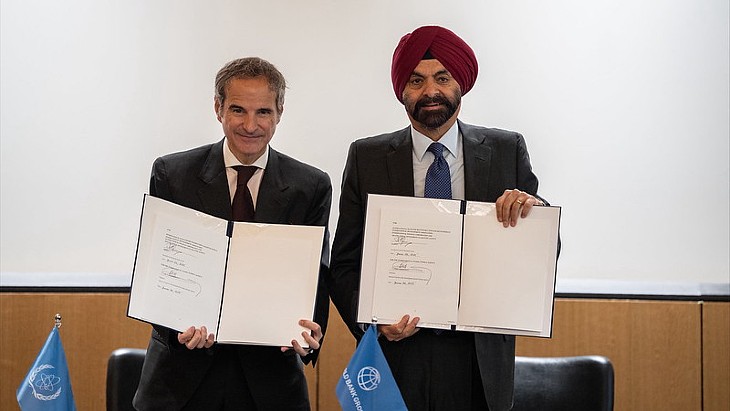Nuclear industry ready to help end-users cut emissions
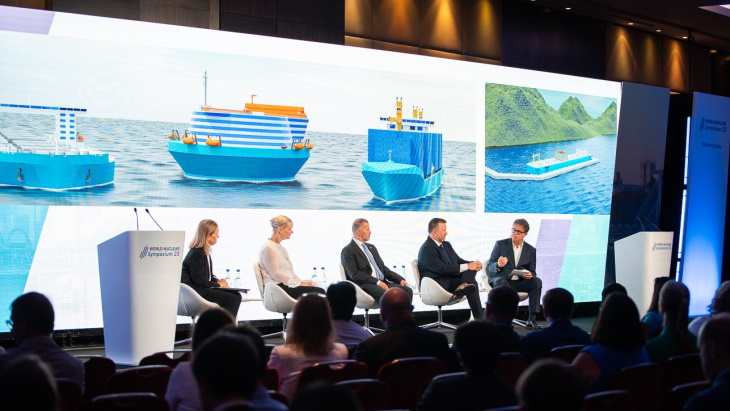
"Clearly achieving net-zero will mean decarbonising hard-to-abate sectors in industry," said Charlotte Griffiths, deputy director of the Sustainable Energy Division and Chief of Section, United Nations Economic Commission for Europe, who moderated the session. "Nuclear energy really has a role to play. It's well-placed as a low-carbon energy source, it delivers uninterrupted electricity and heat 24/7. But closing the implementation gap to get to net-zero can be driven just not by government policy but by end-users and their decarbonisation goals."
She said that decarbonising the electricity sector is not enough for the world to meet its net-zero ambitions. "The hard-to-abate sectors in industry - such as steel, cement, transportation and chemicals - these account for over 40% of global CO2 emissions. They also need to be addressed. And those industries require reliable, affordable energy sources that can provide the heat and electricity. But meeting the demands of low-carbon energy is going to be a challenge. And nuclear energy is one of the few options that can do so effectively."
Mohamed Al Hammadi, managing director and CEO of the Emirates Nuclear Energy Corporation, noted that cloud computing and data centres has created a huge demand for electricity, consuming about 5% of the energy consumption and generating about 2% of world emissions.
Todd Noe, Director of Nuclear Technologies Strategy at Microsoft, said the company was building and operating data centers globally, creating an increasing power requirement. He said Microsoft has an "energy-agnostic approach with carbon-free energy". The company already has power purchase agreements with renewable energy providers, as well as nuclear operators Ontario Power Generation and Constellation Energy.
"We have what we call the 100-zero goal and that is 100% of electrons we can use 100% of the time being zero-carbon affiliated," Noe said. "We're profoundly interested in small modular reactors (SMR's) and microreactors, much more so than standard utility. We're extremely interested in microreactors, and last year we've had a lot of initial discussions with various manufacturers and developers and utilities about how to accelerate it. So by 2032, we hope to have one or two SMRs." However, he noted that Microsoft will not own and operate nuclear reactors. "That's not what we're going to do. But we're looking for partners."
Core Power Chairman and CEO Mikal Bøe said the shipping industry "is the backbone of global trade", but by consuming some 350 million tonnes of fossil fuel annually it accounts for about 3% of total worldwide carbon emissions. The industry, he noted, has been mandated by the United Nations to reach net-zero by 2050.
"Moving the transport of global trade away from fossil fuels presents an almost insurmountable challenge of scale," Bøe said. "The alternative fuels being proposed as an interim step towards that zero goal are things like ammonia, methanol and other things that contain less carbon, but they are all produced from natural gas today.
"Nuclear is the only true zero emission energy for the lifetime of ships - no other energy source can give us true zero emissions," he said.
Bøe noted that nuclear navies have been using nuclear "very successfully" since the 1950s and it has been "proven beyond any doubt" that reactors can be operated safely at sea. "That's truly a goal to achieve. But these naval reactors that have achieved this cannot be insured commercially. And if you can't insure them commercially, we can't bring them into ports. We can't really bring them into near-shore environments."
He said we need a "new nuclear solution". This would be for two things - to help in the production of cleaner fuels so that the industry can move away from fossil fuels, and secondly to develop new types of nuclear electric powered ships, "if you like, Tesla tankers". Bøe added, "If we can do that, we are taking a big step."
Al Hammadi said the COP28 climate conference, which takes place in the United Arab Emirates later this year, presents "a great opportunity, a global opportunity and a new opportunity for us to showcase all the success stories and showcase the demand that's required for the future." He said the industry should "present the solutions that we can provide - be it advanced reactors, SMRs or conventional reactors. We have solutions we can present to the world."
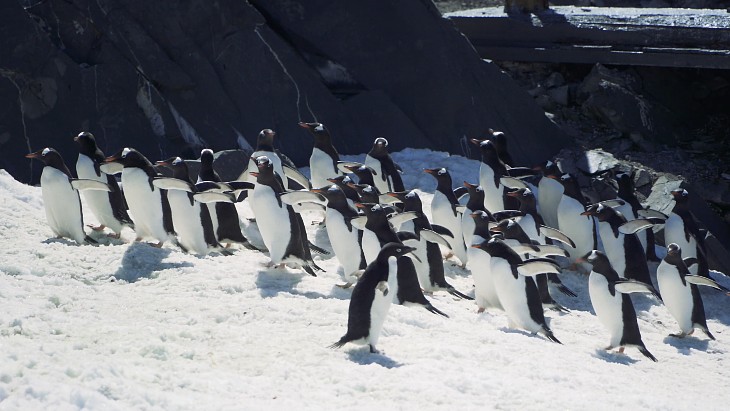
_99697.jpg)
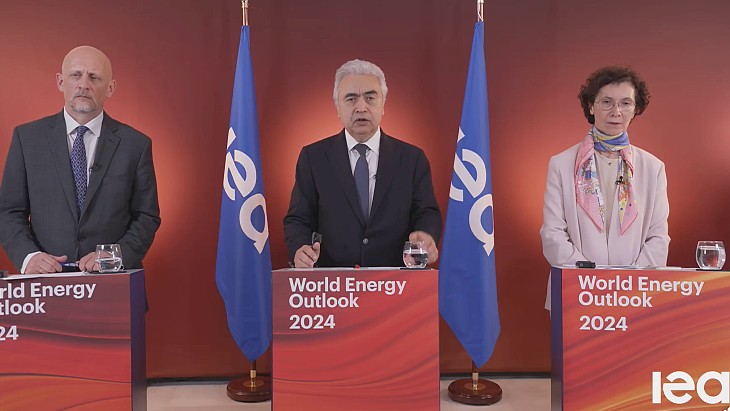
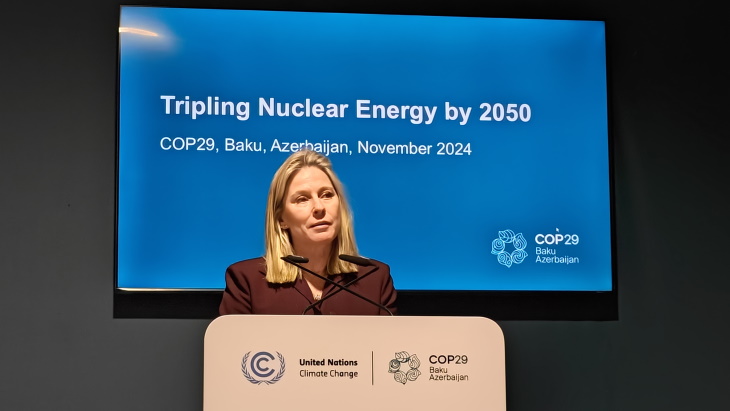





..._58412.jpg)
